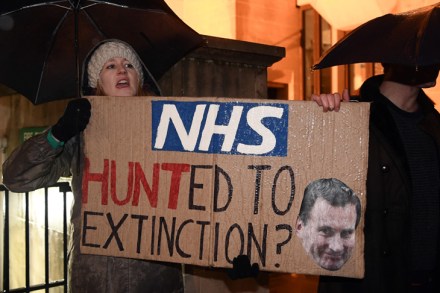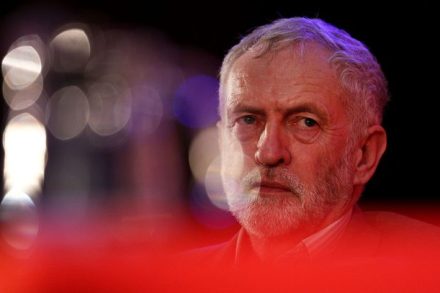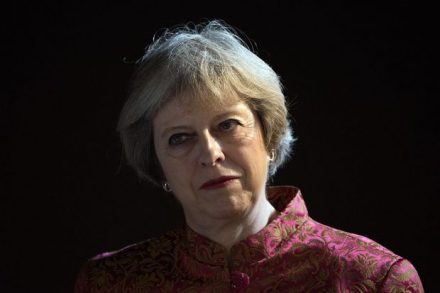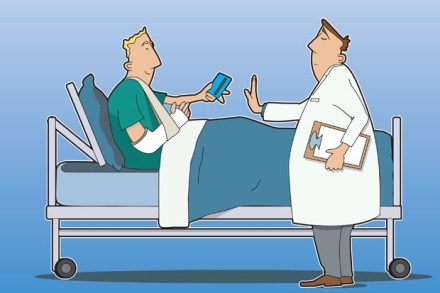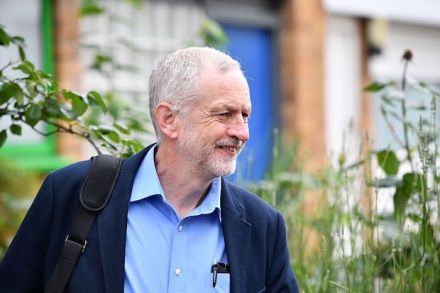Letters | 26 January 2017
What is a university? Sir: As a former Russell Group vice chancellor, I think that Toby Young’s appeal for more universities (Status anxiety, 14 January) needs several caveats. First, what is a university? Recently some have been created by stapling together several institutions without any substantial element of research and renaming them as a university. There is even some suggestion that research is inimical to good teaching, because some university researchers with a duty to teach shirk it. But the presence of a weighty research community lends a university an invaluable ambience. In America, many colleges that teach only to the bachelor degree are well regarded without possessing the title of university.

